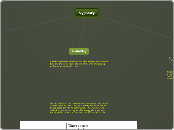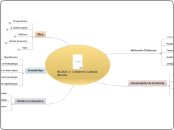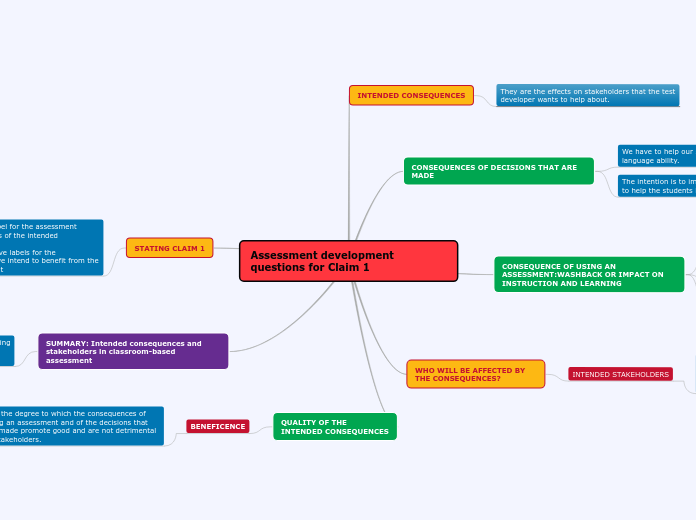par Callum Parton Il y a 11 années
449
skill learning principles
Skill learning principles revolve around understanding the nature of skills and the methodologies for acquiring them effectively. Skills are defined as the ability to perform tasks well, often stemming from knowledge and aptitude.









